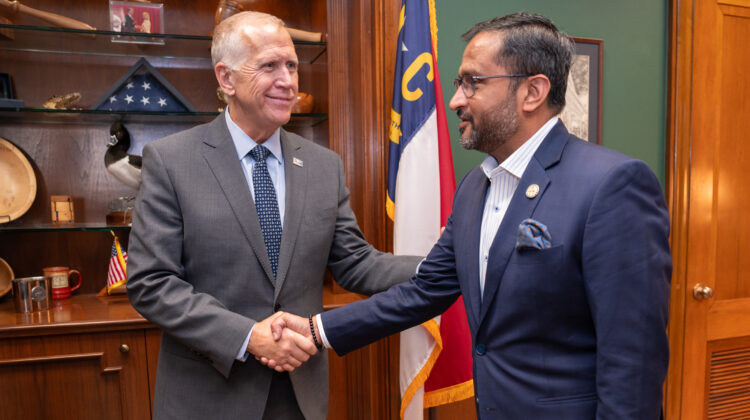Columns
Preserving the Past, Designing the Future
Redeveloping a heritage hotel in a historic district requires patience and respect. By Ankita Jain “We are obsessed with monuments and not with continuity. Preservation must be about keeping history alive, not freezing it in time,” architect Rahul Mehrotra once said. That sentiment lives at the heart of Alma San Juan – a project that…
16 Ways to Improve the Safety in Your Hotel
By Ben Eidlisz Guests at your hotel expect exceptional service, comfort, and a high sense of security. Ensuring the safety of all your guests must be of utmost importance – it is imperative to do regular assessments of ways to improve security measures. Maximizing your hotel’s safety will safeguard your guests’ wellbeing, protect valuable property, and maintain your…
Continue Reading 16 Ways to Improve the Safety in Your Hotel
Supporting Employees Under Pressure
The rising need for financial and mental health services. By Nicole Hack Today’s employees are navigating unprecedented financial and mental health stressors. Economic pressures and societal shifts significantly affect employee well-being and productivity, and many look to their employers for solutions, creating a pivotal opportunity for organizations to enhance their employee support systems. The Impact…







